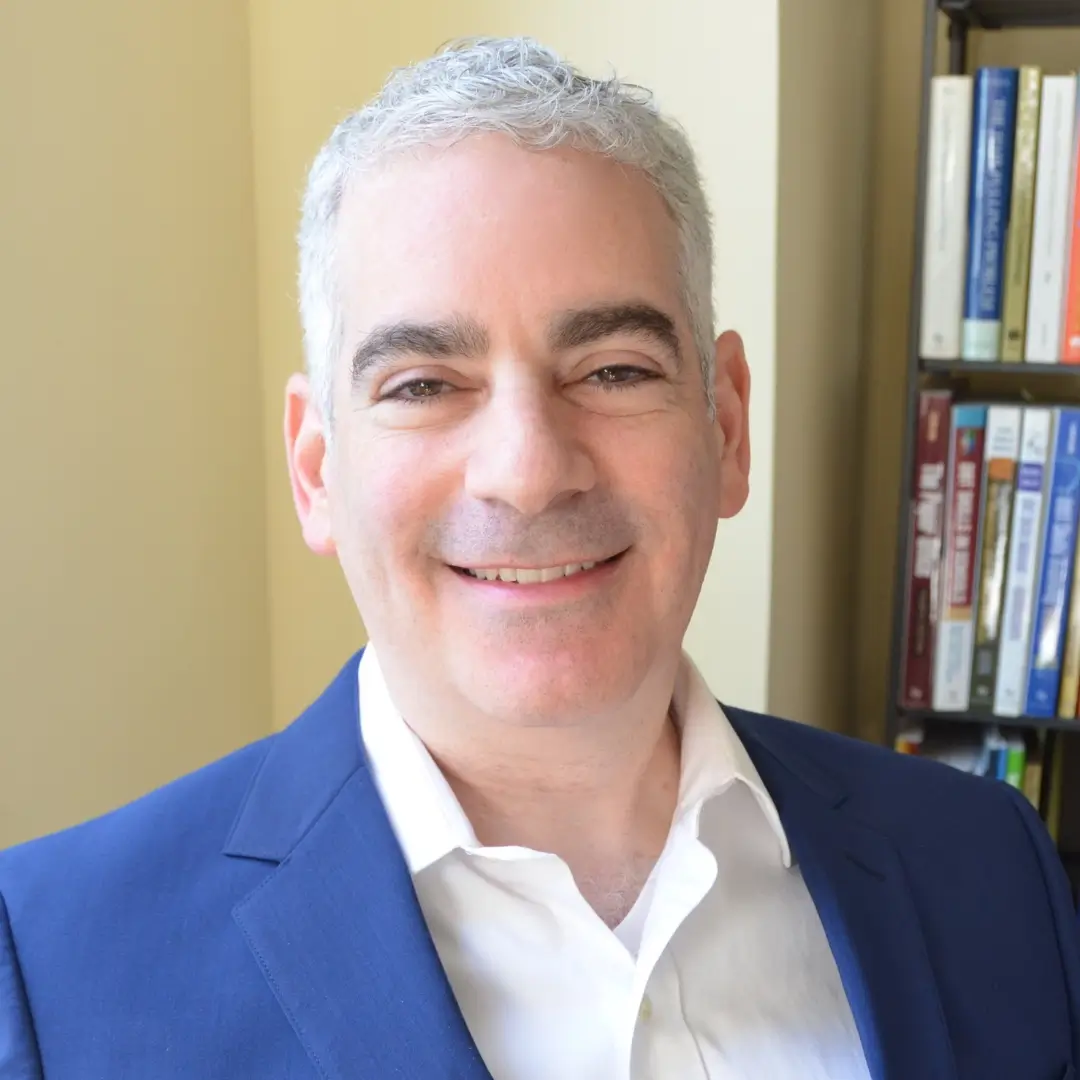Many people think of stress and anxiety as the same thing. There are important differences, however. Understanding them can help you if you’re experiencing stress or anxiety.
Stress refers to demands put on you by your environment or the circumstances of your life. These demands can be either physical or psychological.
Anxiety is an unpleasant subjective state involving worry about possible future events. It is often accompanied by muscle tension, elevated heart rate, and quickened breathing.
Examples of Stressors
- You have a major paper due for a class next week.
- You sprain your ankle.
- Your boss suggests your job might not be secure.
- Your spouse is yelling at you.
- You’re struggling with the effects of a medical illness.
Stress is not an inherently bad thing. In fact, none of us can avoid stress altogether. What really matters is how well you deal with stress. For example: one person with a project due at work, groceries to buy and a pet that’s sick may be at the end of their rope. But another person with those same stressors may be able to take everything in stride. If you can cope well with stress, it will take more for you to feel overwhelmed.
Effects of Stress
Many people assume that stress is bad for your health. In some ways this is true. Chronic stress can sometimes be damaging to multiple bodily systems, perhaps most particularly our cardiovascular system. Vascular health, blood pressure, and heart health can all be impacted by the hypertension that can come with a repeated stress response.
However, this doesn’t mean that anytime your boss asks you to do something, your lifespan get shorter. As described above, any given stressor can be more impactful for one person than the next. So, the more you can do to respond to stress in a healthy way, the better for your emotional and physical health.
How can you cope well with stress?
Stress Management Strategies
One way is to be aware of the impact of unhelpful thought patterns on your ability to cope with stress. (For more on this problem and how to address it, check out our page on cognitive distortions.) If you tend to think the worst about things or often assume you’ll get blamed for things, you may benefit from re-evaluating these thought patterns. Cognitive-behavioral therapy can be a great help in this effort.
Another way to deal well with stress is to take steps to make sure you don’t end up with more stress than your fair share. People who experience episodic acute stress are more vulnerable to stress-induced medical problems than those who don’t. This involves looking carefully at options to remove yourself from chronically stressful situations. For example, if you have a friend who often causes unnecessary stress and drama when she visits, think about inviting her less often. If you take on more at your job than anyone else and have trouble dealing with the stress of your work, think about how you can say “no” to new projects at work.
Anxiety Looks Different for Different People
For some people, anxiety can simply be worrying a lot about, for example, how your divorce might affect your children. For others, it can take the form of panic attacks. Sometimes anxiety becomes problematic enough that it becomes a diagnosable anxiety disorder. Some examples of anxiety and related disorders are described below.
Panic disorder
If you experience panic attacks and have a significant fear of having further attacks, you may have panic disorder. Panic disorder affects nearly 5% of Americans at some point in their lives. Panic disorder can sometimes result in agoraphobia.
Agoraphobia
Agoraphobia describes fear of doing common activities such as riding on buses, subways or trains; driving through tunnels or over bridges; or being in a crowded place that it might be difficult to exit quickly. This fear often develops because the sufferer is afraid of having physical symptoms of anxiety in those places.
Generalized anxiety disorder
We all worry sometimes, but when worry becomes so frequent that it impacts your quality of life, it might be generalized anxiety disorder. This presentation of anxiety can also include other symptoms such as muscle tension, sleep problems, and trouble concentrating.
Social anxiety disorder
For some people anxiety only comes up in specific interpersonal situations. Whether it’s meeting new people, talking to your boss, or making small talk, people with social anxiety disorder will experience significant anxiety around one or more such social contexts. This often leads them to avoid these situations, which can cause its own problems.
Post-traumatic stress disorder
For some people, anxiety happens due to a past event or events. Stressors such as sexual assault, physical or sexual abuse, combat, motor vehicle accidents, and some others are considered traumatic and sometimes lead to post-traumatic stress disorder or PTSD.
Obsessive-compulsive disorder
When anxiety stems from what seem like unusual concerns (e.g., what if I hit someone with my car and didn’t notice it? or what if someday I lose control of my body and kill myself?), it may be due to obsessive-compulsive disorder (OCD). OCD can look very different from one person to the next, and people can go a long time without realizing they have it. To learn about some of the different ways OCD can look, consult our page on the types of OCD.
We hope these have been some helpful pointers to help you distinguish between stress vs. anxiety. If you could use some help with stress management or if you think you may have an anxiety disorder, please reach out to the intake psychologist here at the Manhattan Center for Cognitive-Behavioral Therapy.









